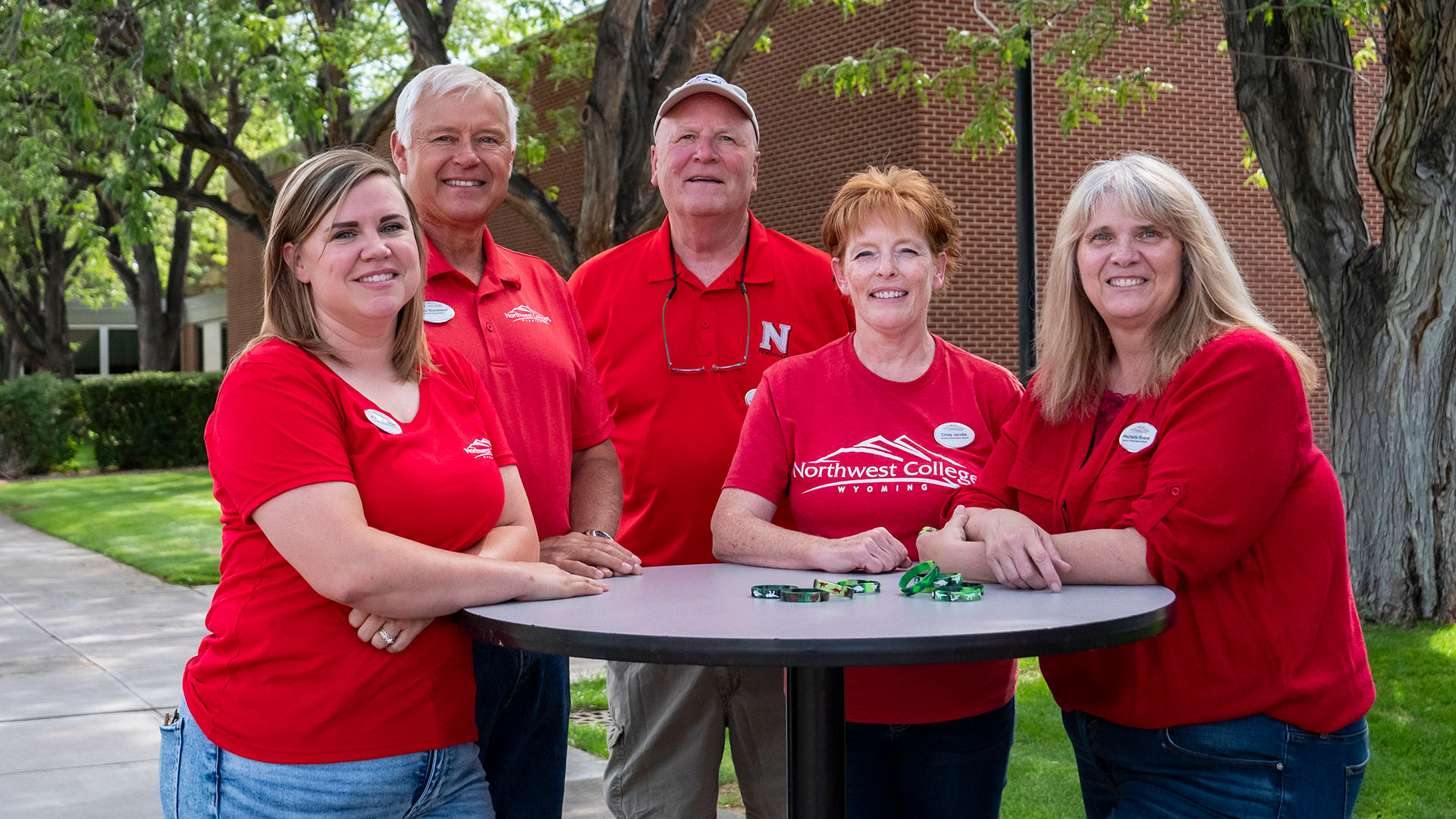In a basic sense, transferring is switching from one college to another (which occurs for many reasons), but college or university transfer usually refers to completing your first two years at a NWC, then transferring to a university or four-year college to earn a bachelor’s degree. NWC offers associate’s degrees (usually about 60 credits) and certificates (shorter programs) which include just lower division (100 and 200-level) courses. NWC students transfer to universities or four-year colleges to complete about 60 upper-division (300 and 400-level) credits, and then graduate with a bachelor’s degree (usually about 120 credits total). Associate’s and bachelor’s degrees comprise your undergraduate education. Programs beyond your bachelor’s degree are considered graduate education.
The sooner you decide on a major, or area of study, the more specific you can be when selecting your courses at NWC and your transfer institution. While you are deciding on your major, consult an academic advisor to choose some versatile general education courses that may apply to a lot of majors. Taking a course or two in a major you are considering can really help you think seriously about your career path as well. It might not seem worth it at the time, but think of it as an investment in your long-term career satisfaction. Your advisor can assist you in narrowing down your options. Your TRiO Career and Transfer Coordinator can assist with understanding how your major will transfer to another university you are considering.
If you are low income, you may qualify for a waiver. Most waivers can be obtained by contacting the transfer college admissions office.
You can request an official transcript online. Request an unofficial transfer equivalence evaluation be done by the college you are planning to transfer to.
Contact your Disability Support Services Coordinator.
Even when you have been keeping track of your courses on the degree worksheet, it's important to have the College do an official degree audit. Simply go to the Enrollment Services Office (FABA 101) and fill out a request. An online request form is also available. The Registrar's Office will review your transcript and tell you if all requirements have been met.
You should have a degree audit done while you can still sign up for classes. This means before the start of your last semester, and ideally it means before preregistration for your last semester. Since there is usually a backlog of requests for degree checks, give the registrar's office some time.
As strange as it may sound, you must officially apply for graduation – even if all requirements have been met. If you don’t apply for graduation, you will have a transcript with all the courses on it, but it won't say that you have earned a degree from NWC. The Application for Graduation is a simple form which can be picked up from the Enrollment Services Office (FABA 101). As with most forms, the earlier it is turned in the better. The fee for this application can be paid in the Business Office (FABA 102).


